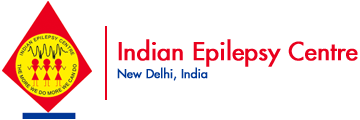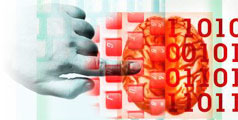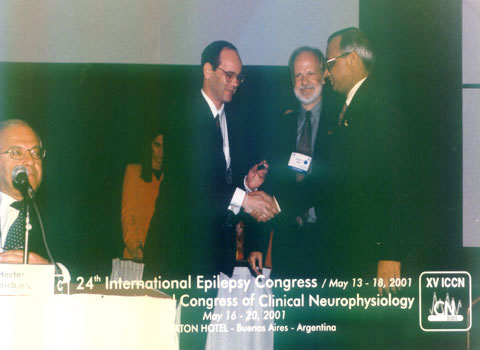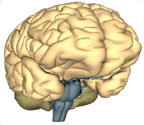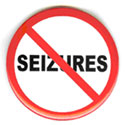| 1991 |
 |
Elected Member Of The National Academy Of Medical Sciences, India |
| 1993-94 |
|
Awarded The William G Lennox International Clinical Research Fellowship Of The Epilepsy Foundation Of America |
| 1993-94 |
|
Fulbright Scholar Of The Council Of International Exchange Of Scholars, USA |
| 1995 |
|
Visiting Professor, Center For The Advanced Study Of Epilepsy, Duke University Medical Center, Durham, NC, USA |
| 1998 |
|
Doctor Of The Year Award For Noble Service To The Society |
| 1998 |
|
Elected Founder Fellow Of The Geriatric Society Of India |
| 1998 |
|
Elected Member Of New York Academy Of Medical Sciences |
| 1999 |
|
K. Gopalakrishna Endowment Lecturer, Vhs Medical Centre, Adyar & Visiting Professor, T.S. Srinivasan, Department Of Clinical Neurology & Research, Public Health Centre, Chennai |
| 1999 |
|
Nominated To The Scientific Advisory Committee Of The National Brain Research Centre (India) |
| 1999 |
|
Nominated For Inclusion Into Who's Who In Medicine And Healthcare - 2000 |
| 1999 |
|
Nominated To The Commission On Search For Epilepsy Genes Of The International League Against Epilepsy |
| 2000 |
|
Nominated To The Sub-Commission On Anti-Epileptic Drug Guidelines Of The International League Against Epilepsy |
| 2000 |
|
Young Scientist Millennium Award - 2000 For Biological Sciences Of The National Academy Of Sciences, India (NASI) |
| 2001 |
|
International Ambassador Of Epilepsy Award Of The International League Against Epilepsy (ILAE) And The International Bureau For Epilepsy (IBE) |
| 2001 |
|
Nominated To The Commission On Asian & Oceanian Affairs Of The International League Against Epilepsy |
| 2002 |
|
Elected As Secretary General Of The Indian Epilepsy Society |
| 2003 |
|
Social Service Eminence Award (Samaj Seva Pratibha Samman) Of The Vardhman Sahyog Samiti For Outstanding Contribution Towards Social Service Through Medical Care |
| 2004 |
|
Nominated Member Of The Task Force On Human Genetics & Genome Anbalysis, Departmebt Of Biotechnology, Govt. Of India |
| 2004 |
|
Nominated Member Of The Expert Group On Pharmacogenomics, Department Of Biotechnology, Govt. Of India |
| 2004 |
|
Nominated Member Of The Task Force On Stem Cell Biology, Departmebt Of Biotechnology, Govt. Of India |
| 2004 |
|
Social Service Award For Relentless And Remarkable Contribution In Social Welfare Activities Of The Lions Club Delhi East |
| 2005 |
|
Elected To The Commission On Asian & Oceanian Affairs Of The International League Against Epilepsy |
| 2006 |
|
Elected Fellow Of The Royal College Of Physicians, Glasgow (UK) |
| 2006 |
|
Samman By The Jain Mahasabha, Delhi For Valuable Contributions To The Society Towards Care Of Patients With Epilepsy And Their Care Givers |
| 2006 |
|
Elected To The Genetics Commission Of The International League Against Epilepsy |
